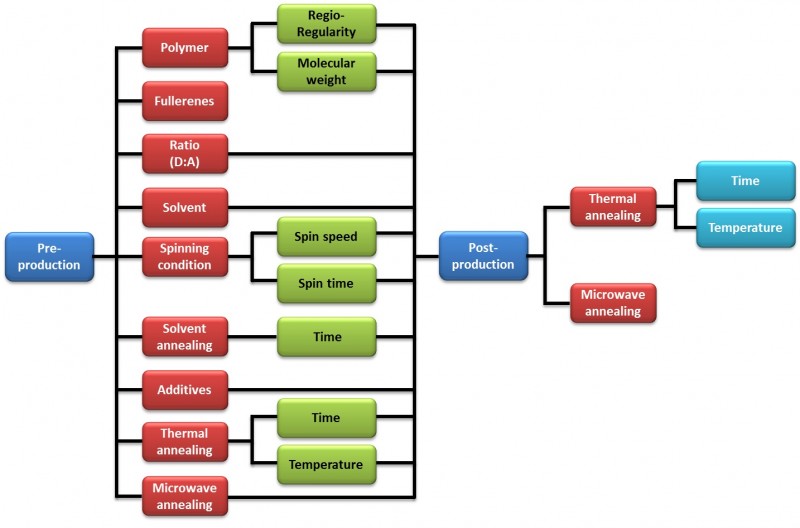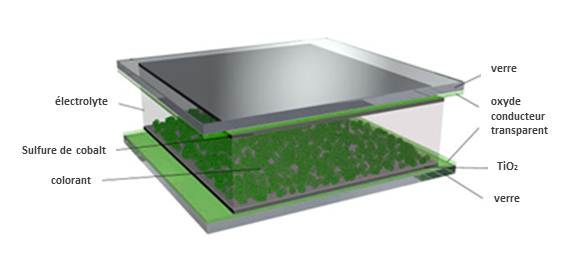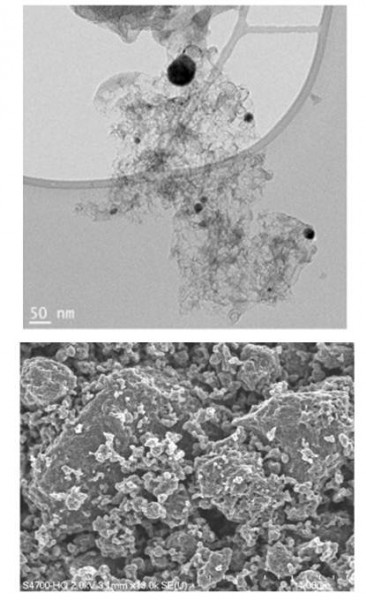This website uses so-called 'technical' cookies necessary for its proper functioning, audience measurement cookies (generating visitor and site usage statistics to analyze navigation and improve the site), social module cookies (for sharing the URL of a page from the site on social networks), and YouTube cookies (necessary for viewing videos). You can find detailed information in the privacy policy.
Storage or technical access is strictly necessary for the legitimate purpose of enabling the use of a specific service explicitly requested by the subscriber or Internet user, or for the sole purpose of transmitting a communication over an electronic communications network.
Storage or technical access is necessary for the legitimate purpose of storing preferences that are not requested by the subscriber or person using the service.
Storage or technical access used exclusively for statistical purposes.
Storage or technical access which is used exclusively for anonymous statistical purposes. In the absence of a subpoena, voluntary compliance by your Internet service provider or additional third-party records, information stored or retrieved for this sole purpose generally cannot be used to identify you.
Storage or technical access is necessary to create profiles of Internet users in order to send advertisements, or to track the Internet user on a website or on several websites with similar marketing purposes.





